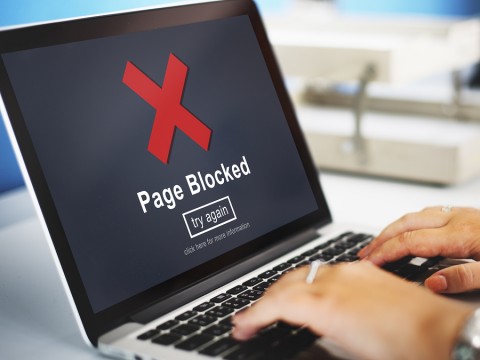
By Ahmad Hathout
OTTAWA – Canada’s big broadcasters secured a temporary website blocking order from the Federal Court against the unlicensed live streaming of National Hockey League games – the first of its kind – as one Canadian team remains in the playoffs.
The late May order builds on a previous precedent, in which the Federal Court and the Federal Court of Appeal ruled and upheld, respectively, that broadcasters can submit a list of copyright infringing websites they wish to block from Canadian viewing on the Internet (the Supreme Court declined to hear an appeal). That determination stemmed from a case in which GoldTV, an IPTV company, sold unlicensed content on its websites.
This new order, however, allows the broadcasters to block livestreaming websites showing live hockey games as they emerge, bypassing having to go to the court each time to get a blocking order against newly emerging infringing websites. The monitoring of the infringing sites would occur around game time. The order will then terminate at the conclusion of the playoffs.
Judge William Pentney said the order could be granted because the broadcasters showed they would be irreparably harmed without the order. At least part of the country is still tuning into the last Canadian team left standing, the Edmonton Oilers, and the court found that there are fewer games being played now that the field has narrowed, reducing the burden and the risk of blocking legitimate content to comply with the order.
Rogers, Bell and Groupe TVA all have licenses to broadcast NHL games in Canada. Rogers and Bell have partnered with a company called Friends MTS to automatically assess which sites are infringing and to relay the IP addresses to ISPs to block in real time.
Telus and some third-party internet service providers expressed concern that complying with such an order would present practical difficulties, with others complaining about costs. The decision allows for third parties to be compensated up to $50,000 and to only be obligated to block to the degree their current technical capabilities allow – in other words, they do not need to purchase new equipment to reach a certain level of blocking to comply.
The broadcasters have argued that this “dynamic” blocking method is the only way to combat unauthorized broadcasting of live NHL games because “most fans watch hockey games live” (as opposed to recording them and watching later) and alleged infringers have “adopted new measures to avoid detection and defeat site blocking, including moving their infringing content from site to site on a regular basis,” according to the order, citing the broadcasters.
“Court approval would be impossible prior to each new blocking step because these efforts need to happen in real time in order to be effective,” the broadcasters have said.
The court also requires the broadcasters to keep tabs on the results of the order so future site blocking orders of this kind can be guided by the experience.
Evidence from the companies, according to the court, showed that their customer IP addresses were founded to have accessed infringing NHL streaming sites. Rogers and Bell both submitted evidence it said showed that, on average, more than 20,000 people accessed unauthorized IPTV services regularly last year.
“Taken together, this evidence demonstrates each of the respective Plaintiffs are experiencing unlawful streaming of their broadcasts of live NHL games. There is no question that this amounts to breach of their copyright,” the court found.



